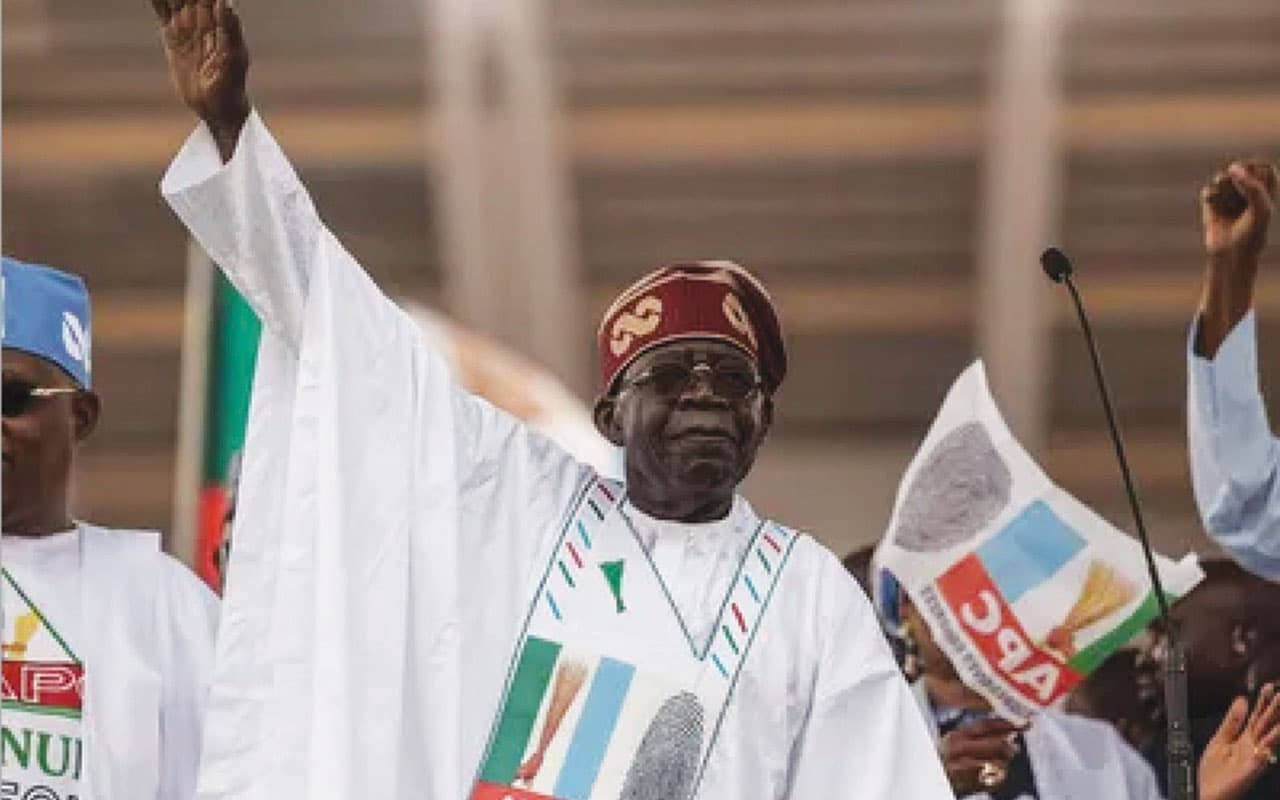The N27.5tr Budget of Renewed Hope, which President Bola Tinubu unveiled, addresses Nigeria’s internal and national security, the creation of local employment opportunities, macroeconomic stability, and the optimization of the investment environment for the 2024 fiscal year.
Human capital development, poverty alleviation, and social security are additional areas of emphasis that he enumerated.
whereas speaking on Wednesday in Abuja before a joint session of the National Assembly to discuss the budget proposal.
To protect lives, property, and investments throughout the nation, President Tinubu has pledged to restructure the internal security architecture of the country to bolster law enforcement forces.
He added that a Naira to U.S. Dollar exchange rate of 750 naira per U.S. Dollar was also adopted for 2024. He stated that a conservative oil price benchmark of 77.96 U.S. Dollars per barrel and a daily oil production estimate of 1.78 million barrels per day were adopted following a thorough review of global oil market trends.
Upon examining the 2024 Appropriation Bill, it was discovered that the Federal Government is expected to spend a total of 27.5 trillion naira in 2024. Non-debt recurrent expenditures account for 9.92 trillion naira of this amount, while debt service and capital expenditures account for 8.25 and 8.7 trillion naira, respectively.
Predictions place the budget deficit at 9.18 trillion naira, or 3.88 percent of GDP, in 2024. The current deficit of 6.11 percent of GDP, or 13.78 trillion naira, is less than the one documented in 2023. In addition to 1.05 trillion naira drawn from multilateral and bilateral loans secured for specific development initiatives, the deficit will be financed with new borrowings totaling 7.83 trillion naira, of which 298.49 billion naira will come from privatization proceeds.
“By fulfilling its debt obligations, Nigeria maintains its resolve to do so.” 45% of anticipated total revenue is allocated to debt service.
Human capital remains the most vital resource for national development, according to him, so the proposed budget places a high priority on human capital development, with special emphasis on children.
Predictions place the budget deficit at 9.18 trillion naira, or 3.88 percent of GDP, in 2024. The current deficit of 6.11 percent of GDP, or 13.78 trillion naira, is less than the one documented in 2023. In addition to 1.05 trillion naira drawn from multilateral and bilateral loans secured for specific development initiatives, the deficit will be financed with new borrowings totaling 7.83 trillion naira, of which 298.49 billion naira will come from privatization proceeds.
“By fulfilling its debt obligations, Nigeria maintains its resolve to do so.” 45% of anticipated total revenue is allocated to debt service.
Human capital remains the most vital resource for national development, according to him, so the proposed budget places a high priority on human capital development, with special emphasis on children.
Predictions place the budget deficit at 9.18 trillion naira, or 3.88 percent of GDP, in 2024. The current deficit of 6.11 percent of GDP, or 13.78 trillion naira, is less than the one documented in 2023. In addition to 1.05 trillion naira drawn from multilateral and bilateral loans secured for specific development initiatives, the deficit will be financed with new borrowings totaling 7.83 trillion naira, of which 298.49 billion naira will come from privatization proceeds.
“By fulfilling its debt obligations, Nigeria maintains its resolve to do so.” 45% of anticipated total revenue is allocated to debt service.
Human capital remains the most vital resource for national development, according to him, so the proposed budget places a high priority on human capital development, with special emphasis on children.
Moreover, he stated that significant public financial management reforms will be efficiently implemented to further contain financial leakages.
The President praised the 10th National Assembly’s patriotic determination to work with the Executive to fulfill the commitments made to the largest population in Africa and restore the faith of Nigerians.
"As the legislative review process is undertaken in consideration of the 2024 budget estimates, we have faith that our objective of restoring a predictable fiscal year from January to December will be upheld.
“I am certain that the interest of every Nigerian will serve as your guiding principle.” We must guarantee the inclusion of initiatives and programs in the 2024 Budget that yield equitable benefits.
Furthermore, the budget should exclusively encompass projects and programs that align with the sectoral mandates of MDAs and possess the capacity to actualize the overarching vision of our administration.
